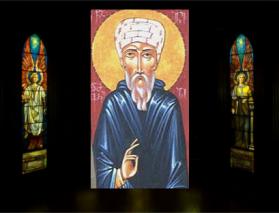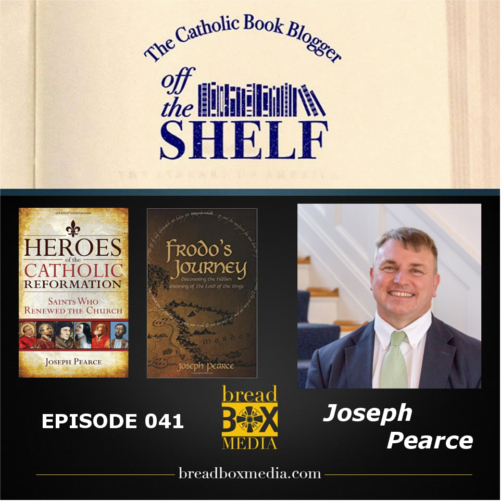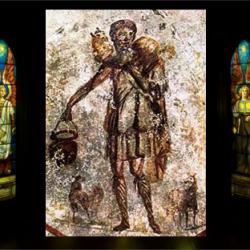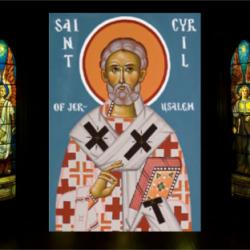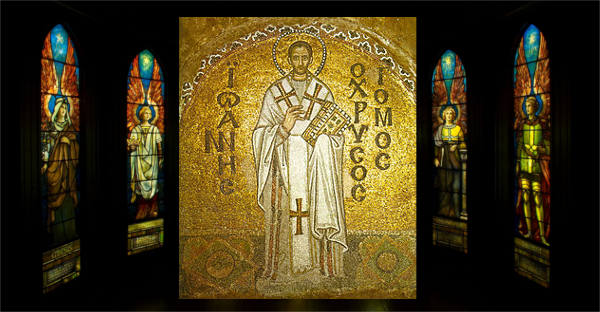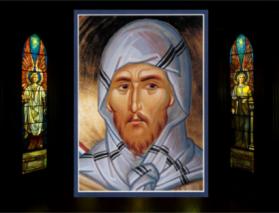Running at a gallop through salvation history, Aphrahat tells us that all the great things we read about in the Bible were accomplished by faith. Let us draw near then, dear friends, to faith, since its powers are so many. For faith raised Enoch up to the heavens and conquered the Flood. It caused the barren to bring forth. It delivered from the sword. It raised up from the pit. It enriched the poor. It released the captives. It delivered... Read more

